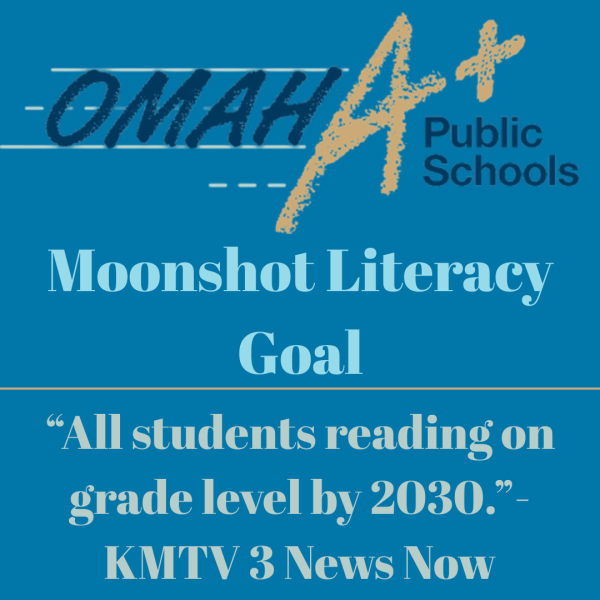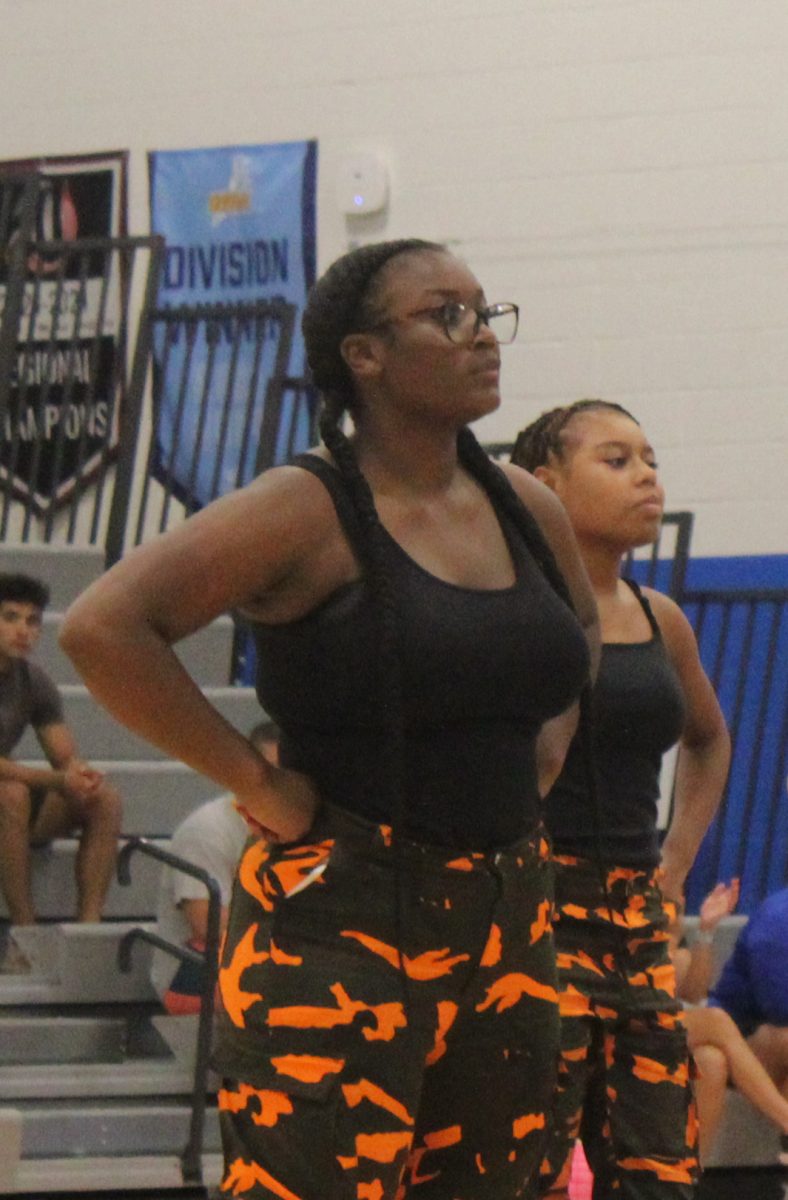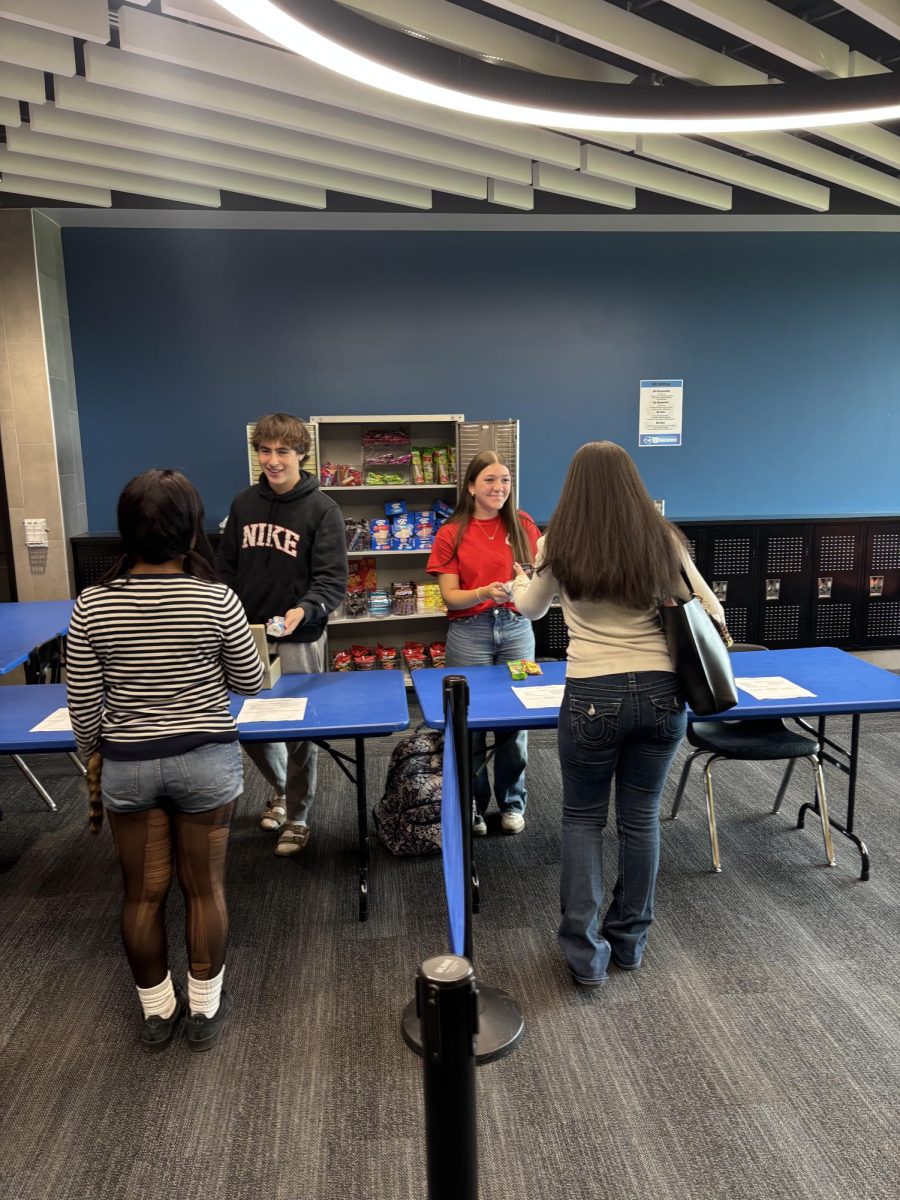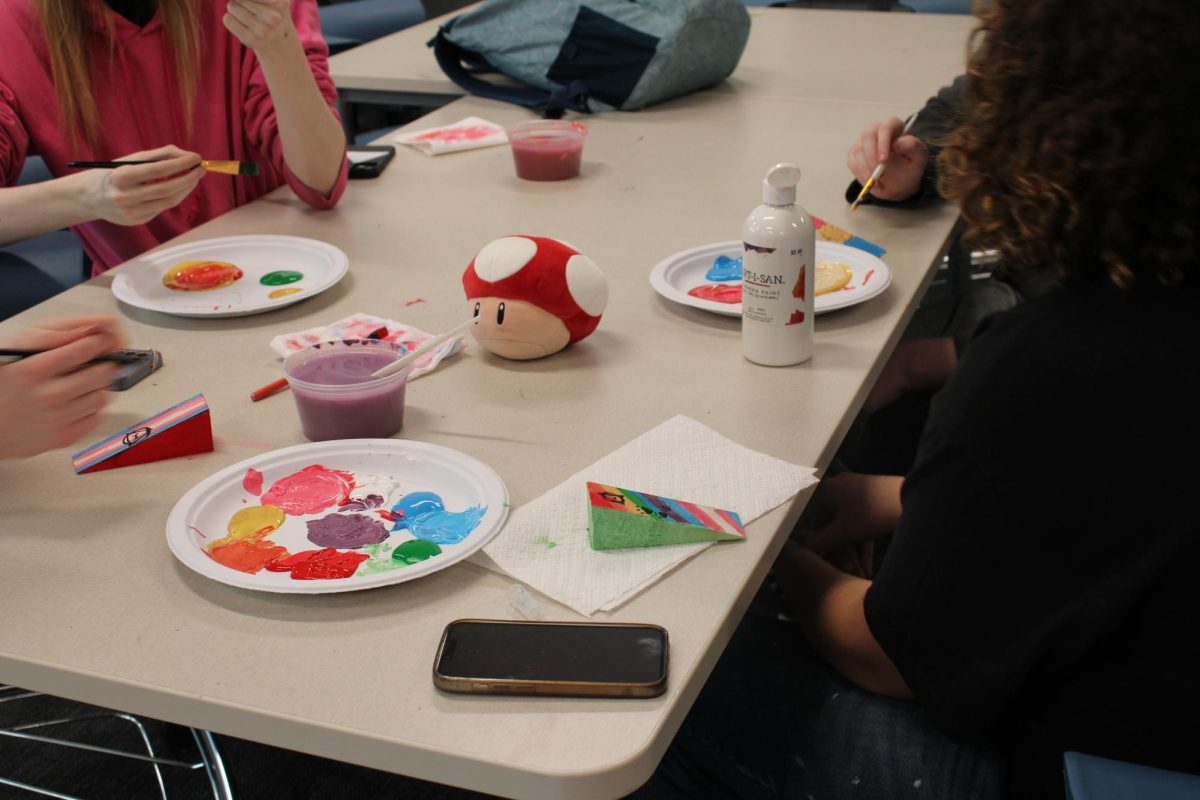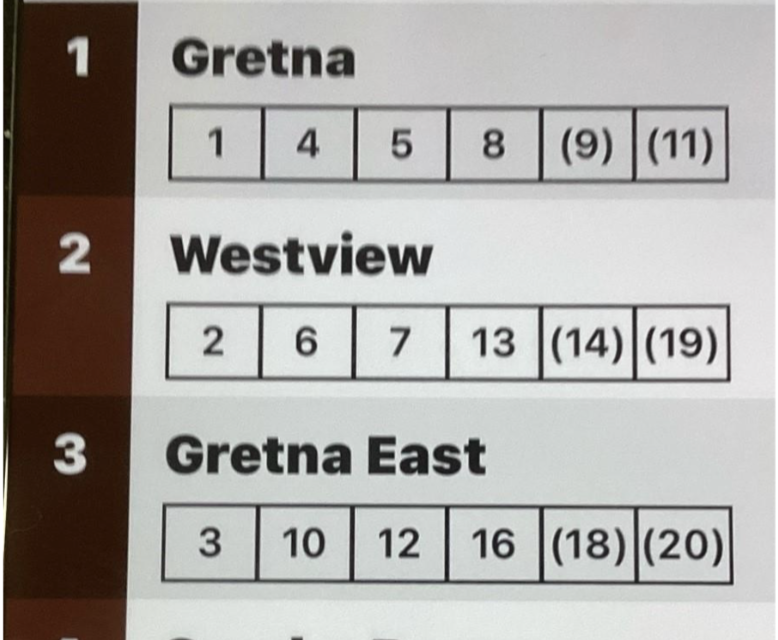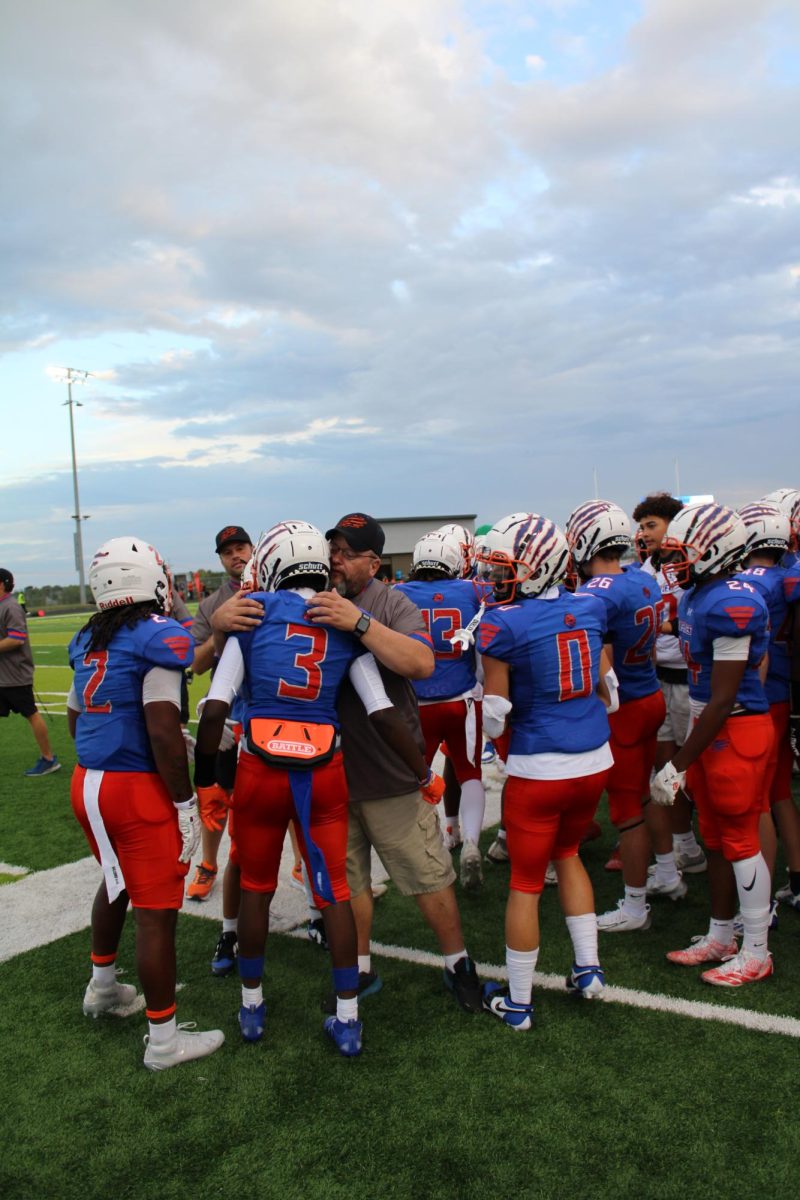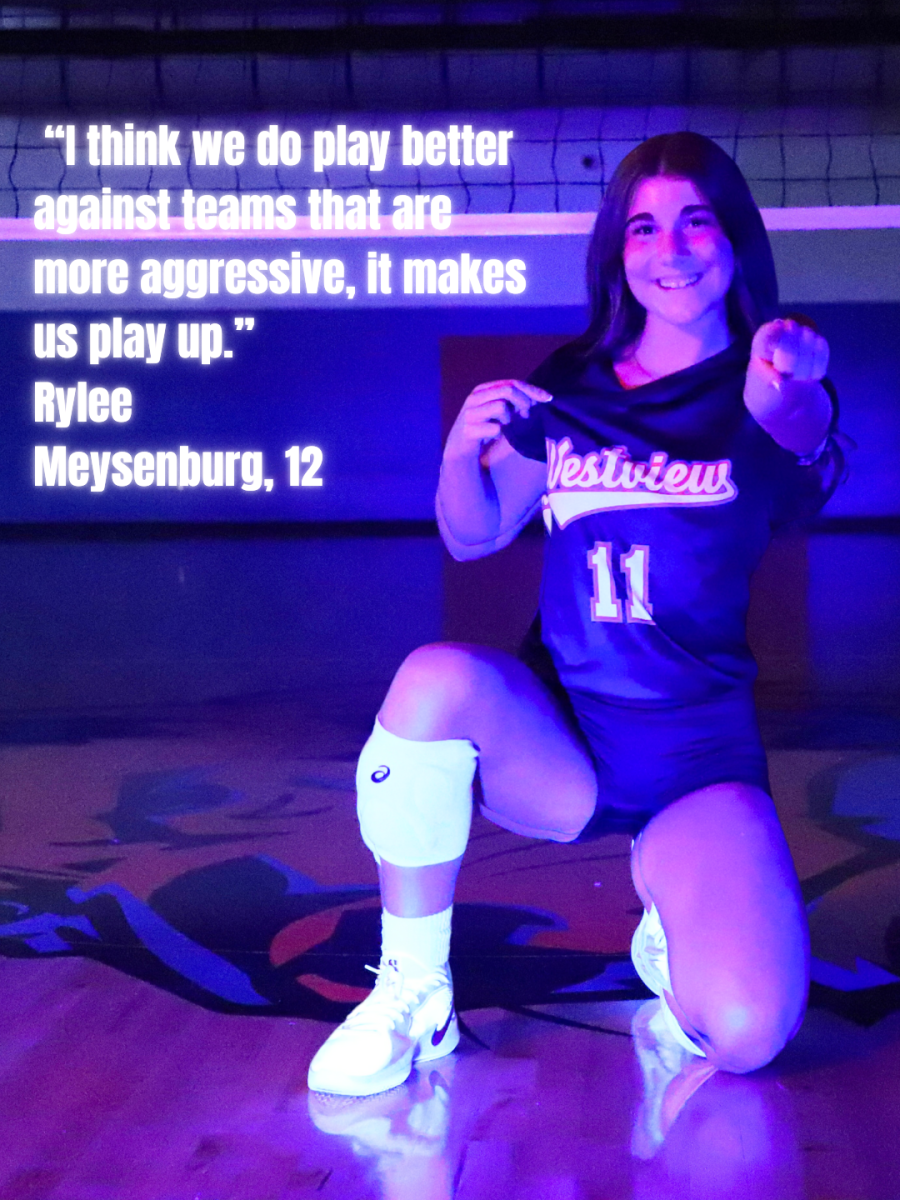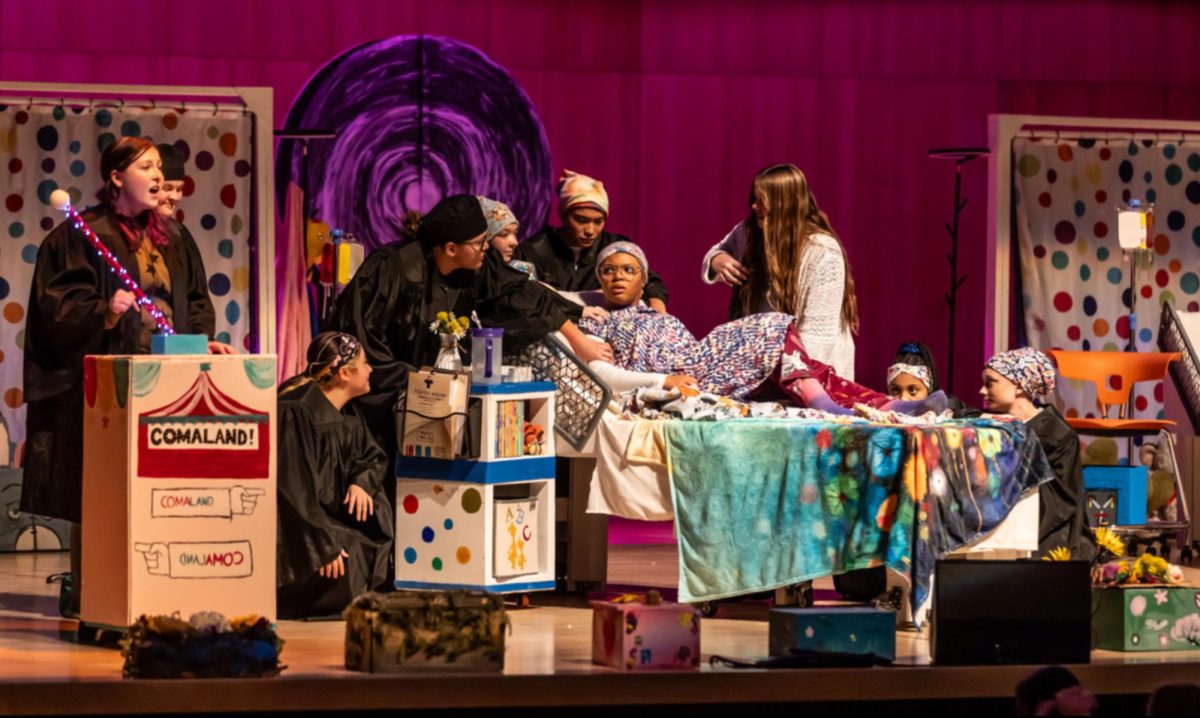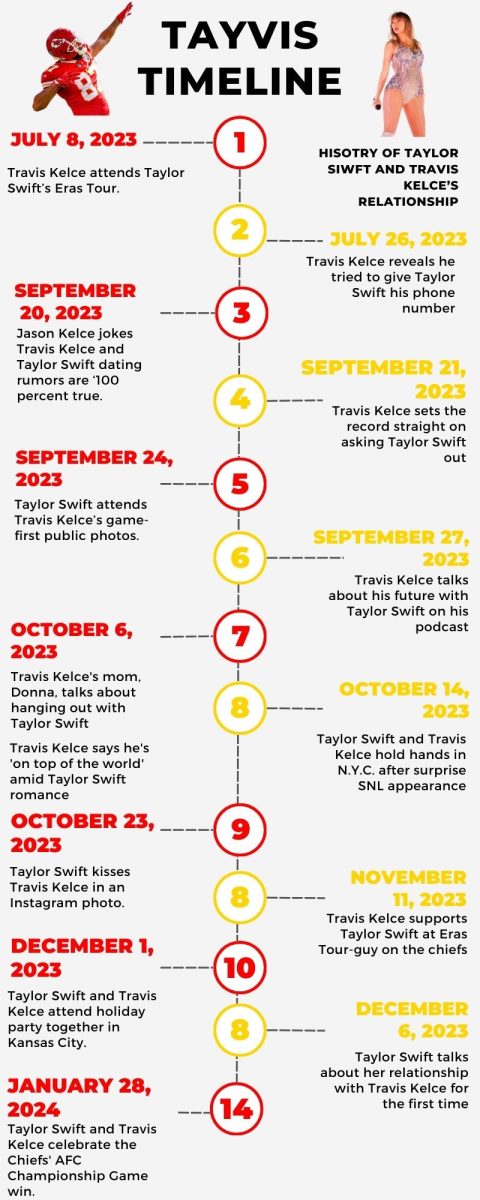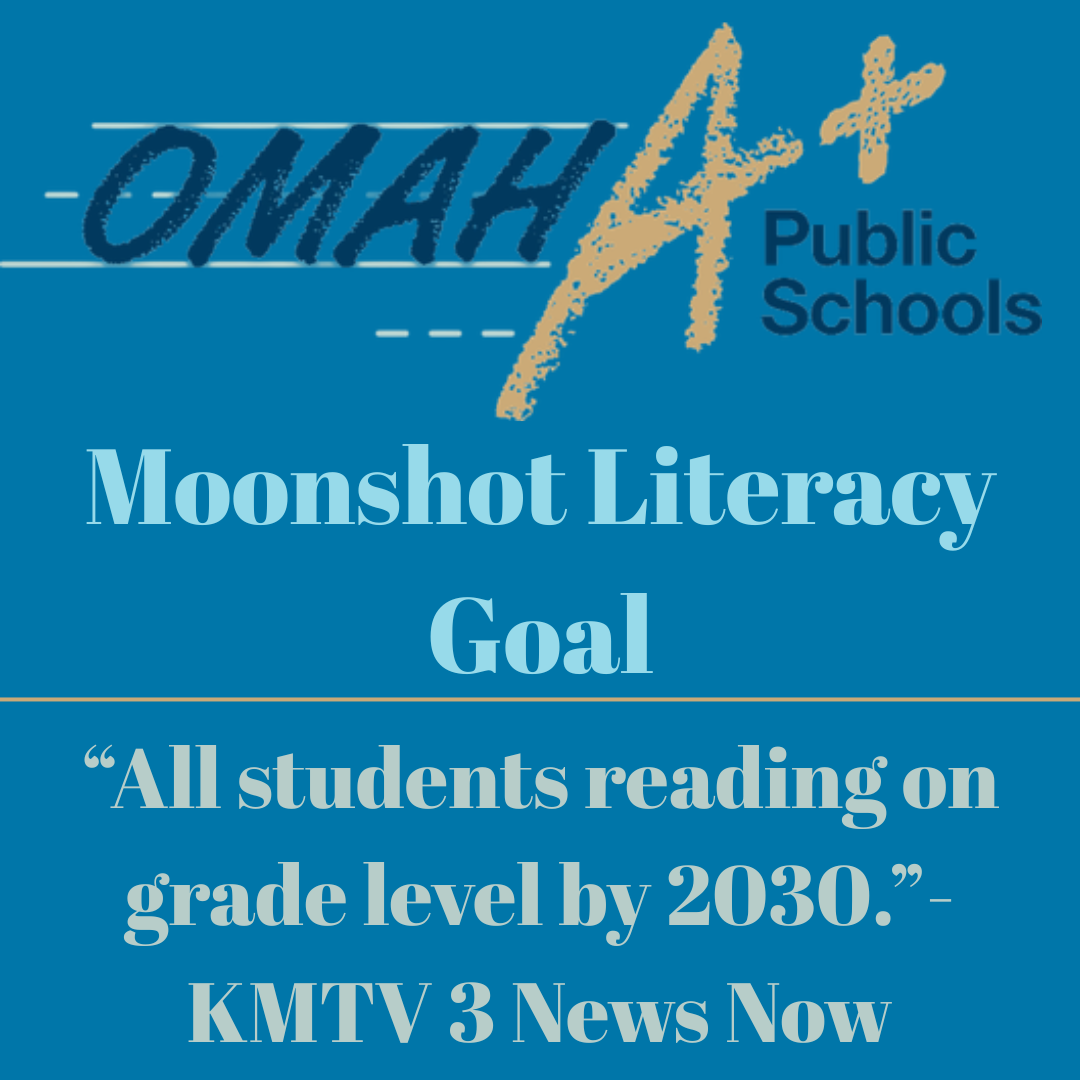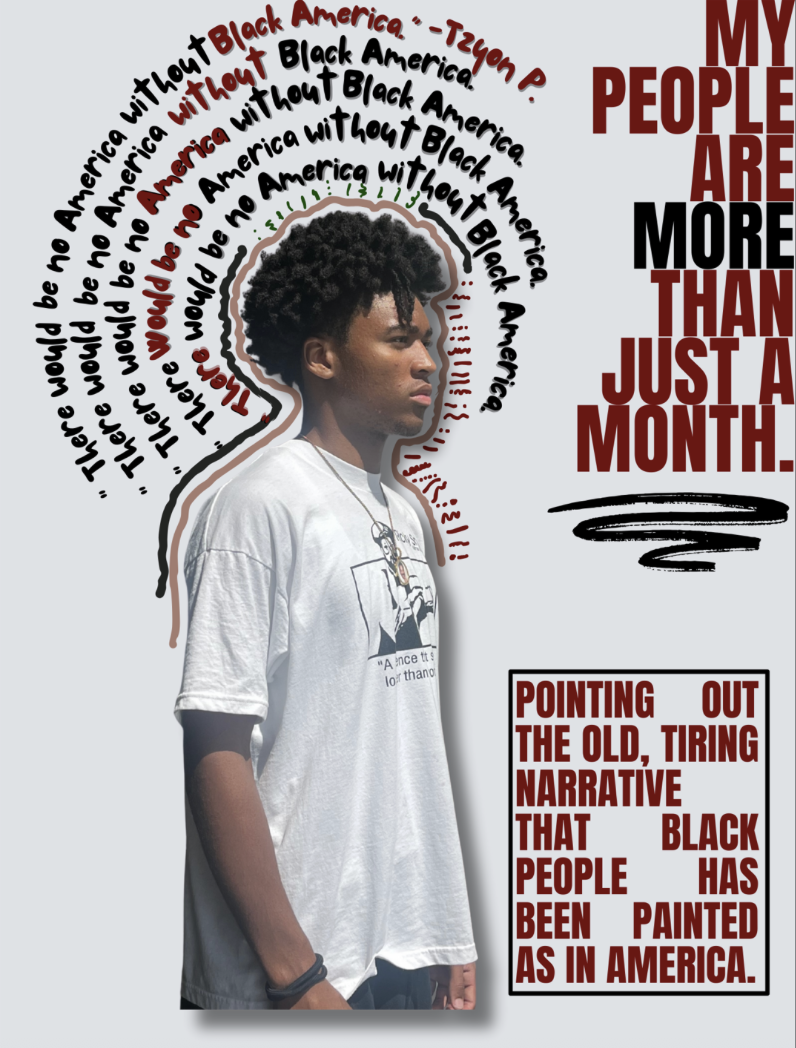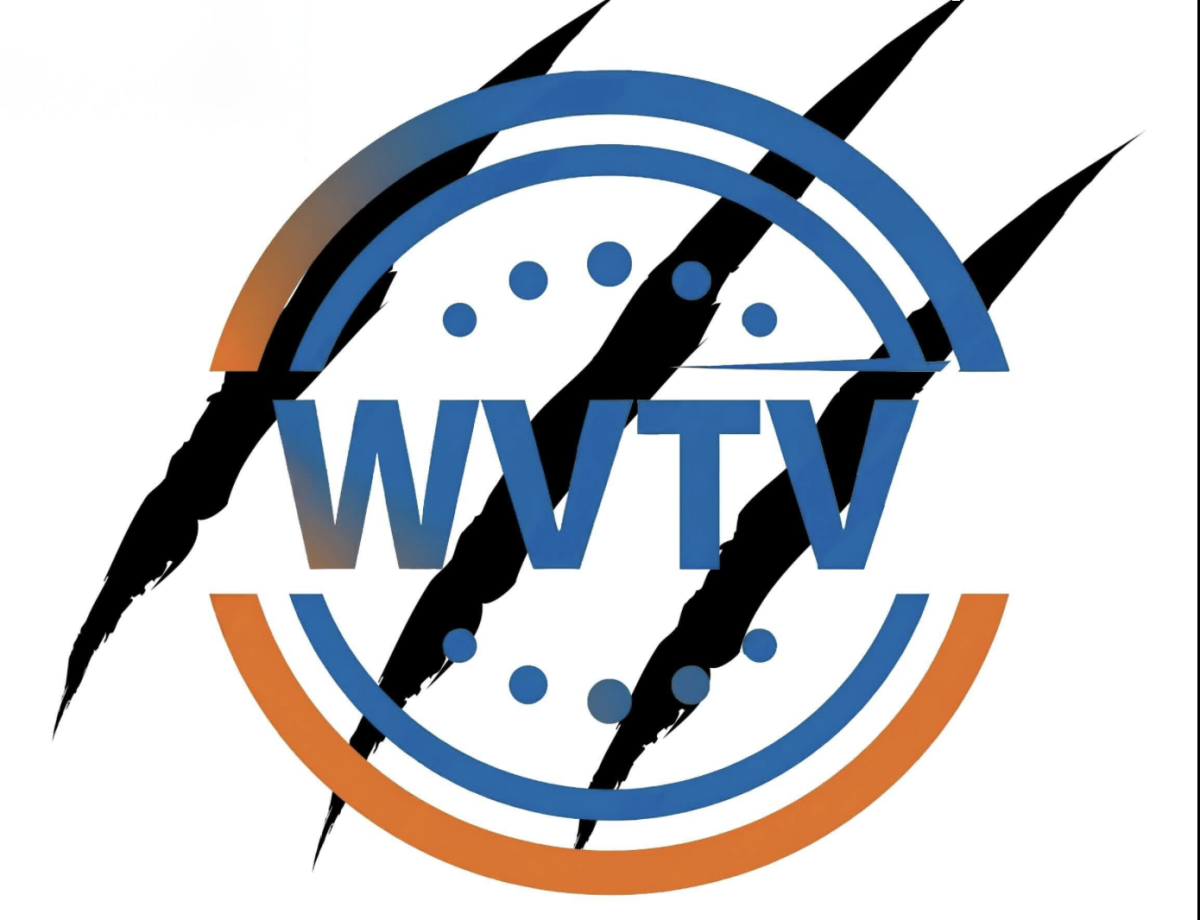Last year, Omaha Public Schools introduced their moonshot goal of having all students reading on grade level by the year 2030. But the concept of ‘all’ is unrealistic and potentially damaging to students, teachers and the district.
The intentions for the moonshot goal are respectable. Literacy is the foundation for learning across all subjects and steps of schooling. The wording of the goal, however, is my biggest concern.
There are over 50,000 students enrolled in OPS, all with varying backgrounds and abilities. With every student learning differently and having diverse needs, there is a lot of work to be done to get all students to where OPS wants them.
As of right now, there is no explicit plan or outline for the Moonshot Literacy Goal. The year 2030 is less than five years away. During the 2022-23 school year, only 37% of OPS students were able to read on grade level according to Omaha Central’s ‘The Register’.
To get 31,500 students to read on grade level in less than half a decade, there will need to be a much more concrete plan set, and it needs to be implemented quickly.
Along with a solid plan, OPS needs to look at its demographics and recognize the abilities of some of its students.
“We have students with different learning disabilities, so that makes it really difficult for that (the goal) to happen because of their learning disabilities,” Reading Intervention teacher Ashlee Clements said.
Every high school in OPS has an Alternative Curriculum Program, better known as ACP. Students assigned to this program often have various physical, mental, and learning disabilities. In these classes, they teach life skills, among other things, to help support students once they graduate.
If that is what those classes are focusing on, placing the pressure of 100% on their students reading on grade level could hinder the learning that the program is set up to provide.
As negative as it may seem, the reality is that there are some students who will probably never be able to read at grade level because of intellectual disabilities and language barriers.
There are also some students who go to OPS high schools who are still learning the foundations of the English language, like those in English as a second language classes. By the time they graduate, they may not be where the Moonshot Goal wants them to be. Will this be counted as a failure towards the goal?
What happens when we fail? If the district puts all of their time and effort into this one goal and we fail, will it be worth it?
This goal also gives the opportunity for other things to slip between the cracks. Elementary schools have extended their reading blocks which cuts time out of other things.
To really help all students, the literacy goal should be re-worded to express growth.
Perfection cannot and should not be the goal. Growing should be.
Even if the deadline was extended, the goal is unachievable. There are too many underlying factors that stand in the way of what the district wants to happen.
If a student can improve their reading level by even 10%, that would be setting them up for success.
All students may not have the capacity to read on grade level.
All students can grow.
